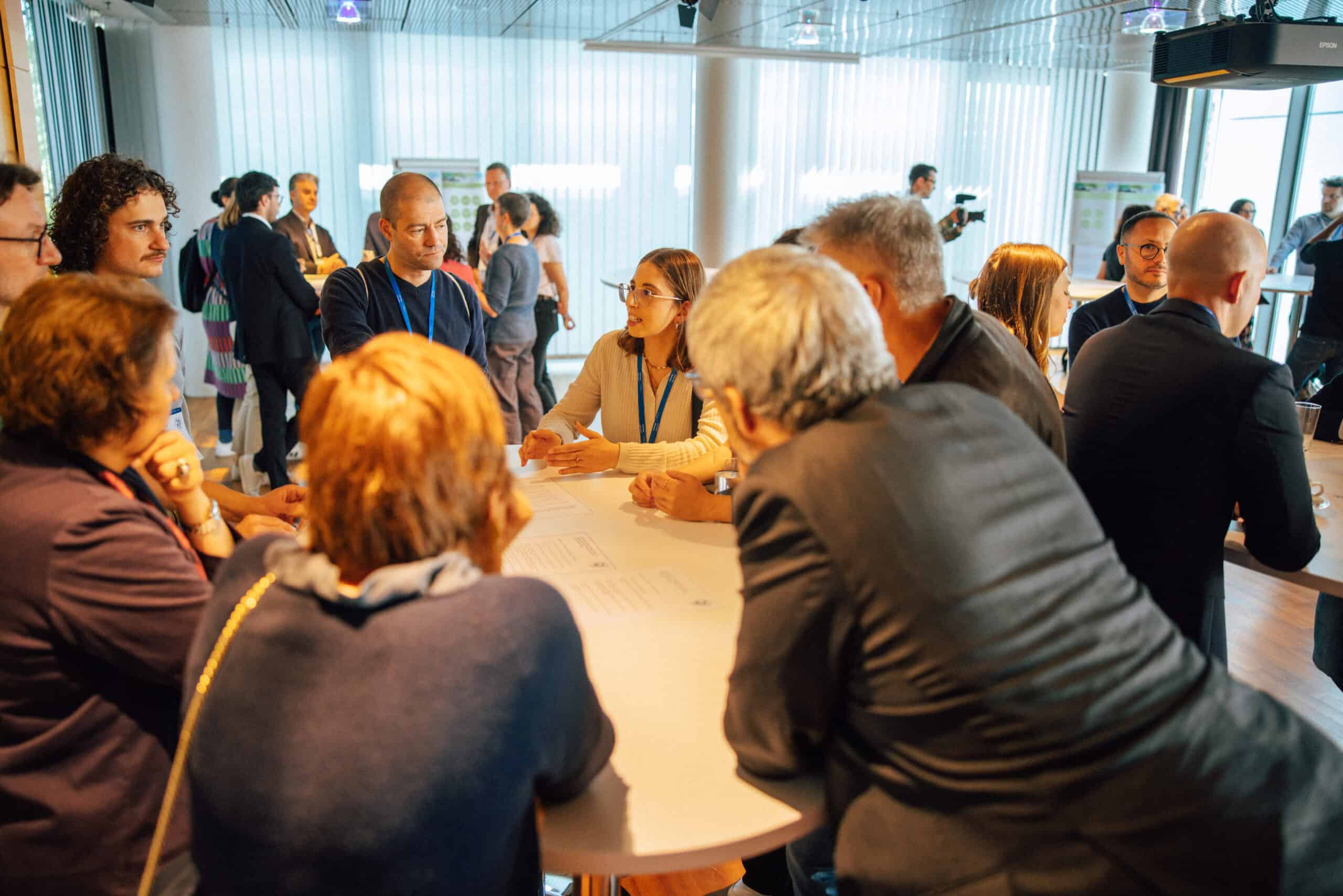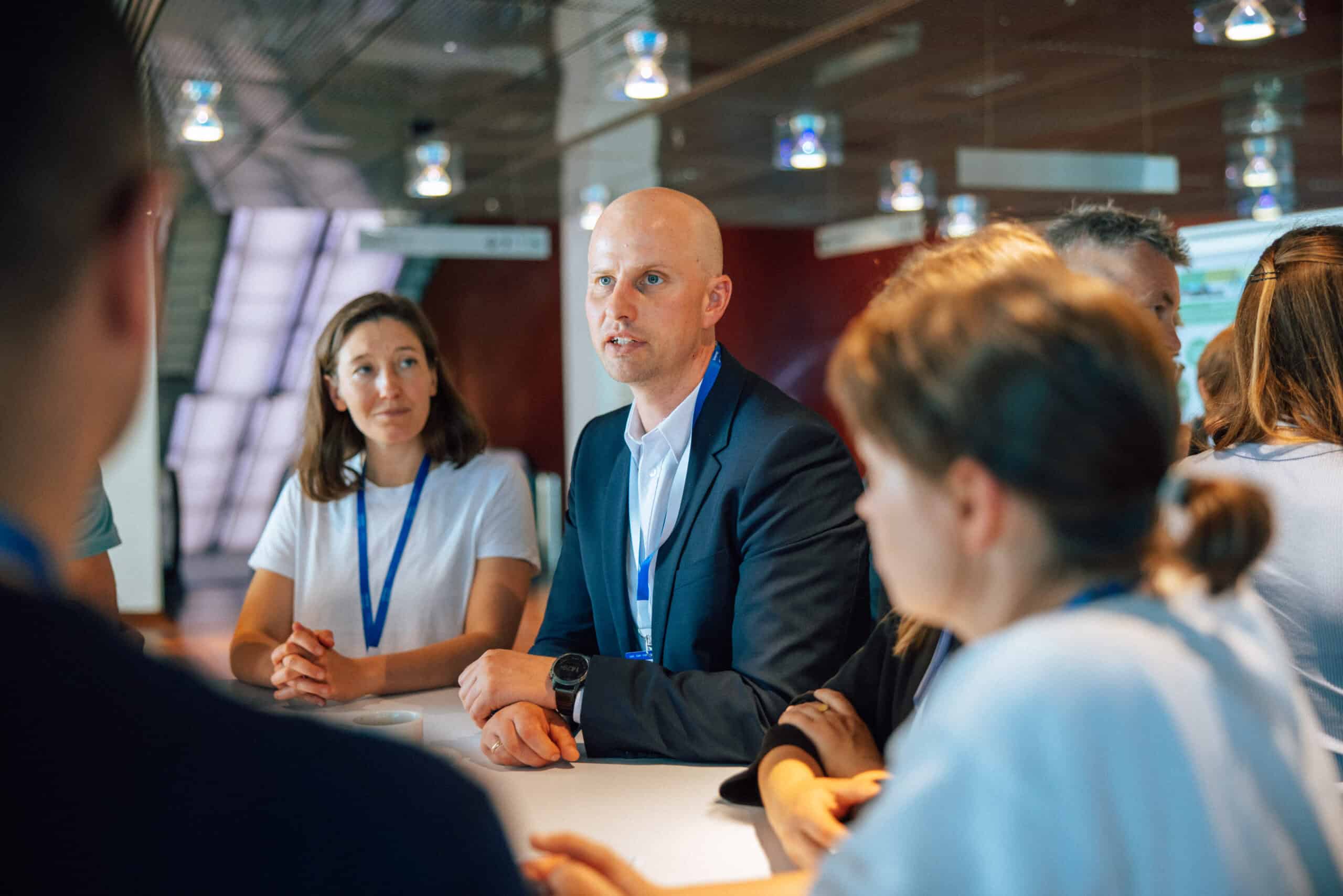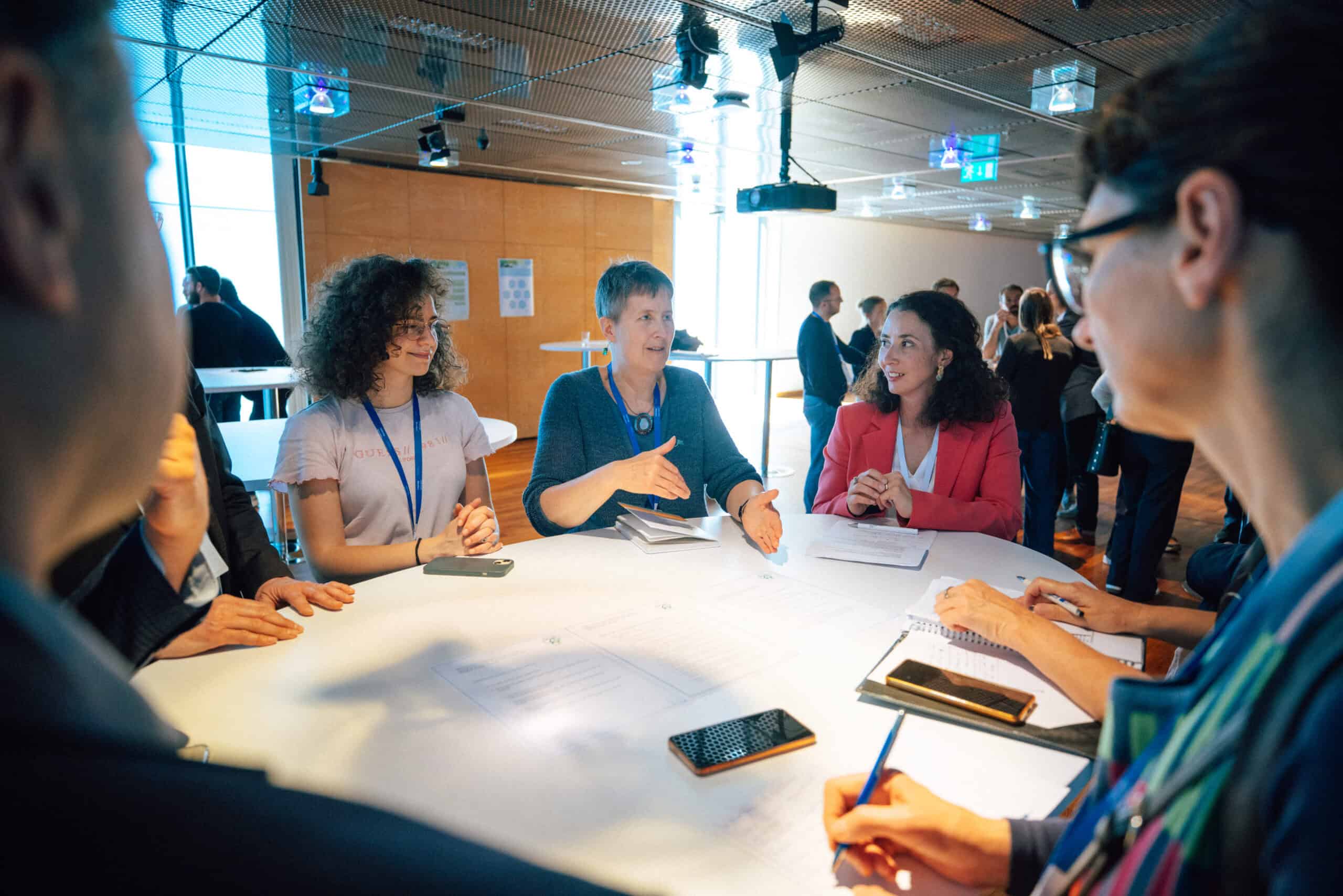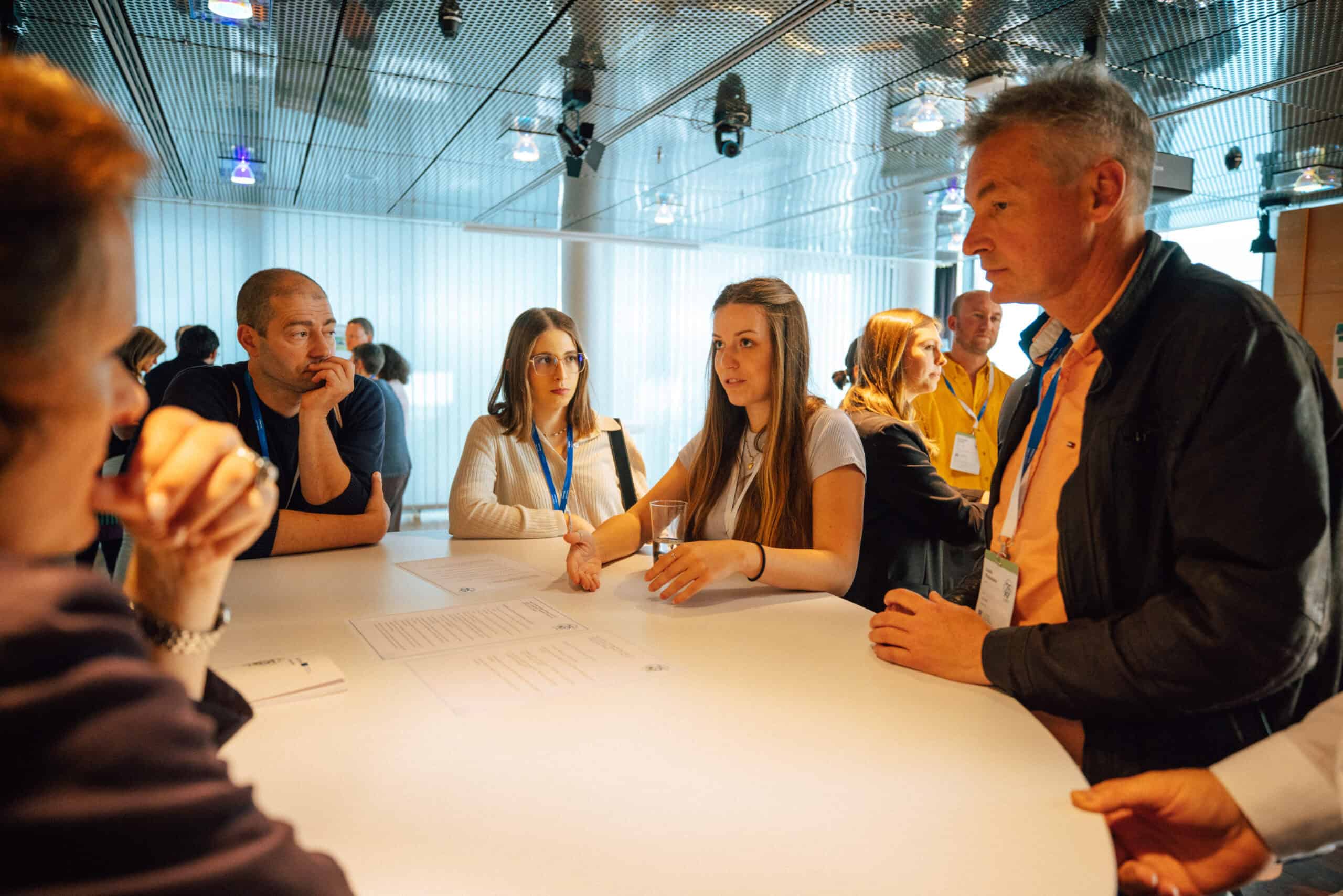25 Years Anniversary Event Workshop Summaries
Peer-to-Peer meeting among projects, Alpine Convention Thematic Groups, and EUSALP Action Groups
The 25 Years Anniversary, held in Salzburg on May 12-13-14, was an occasion to capitalize on the presence and vision of project applicants, partners involved in approved projects, and strategic partners, such as EUSALP Action Groups (AG) and Alpine Convention Thematic Working Bodies (TWB).
Therefore, the workshop session “Peer-to-Peer meeting among projects, Alpine Convention Thematic Groups, and EUSALP Action Groups” was organised on May 13 to strengthen connections among approved projects, potential Call 3 applicants, and key actors from Alpine Convention and EUSALP groups—ensuring meaningful exchanges that can shape the future of transnational cooperation in the Alpine Space.

By bringing together approved projects, Alpine Convention TWBs, and EUSALP AGs, the session provided a dedicated space for exchange and collaboration. It offered an opportunity for approved projects to connect with thematic groups, align with the newly approved work plans and mandates in their respective fields, and explore potential synergies. Additionally, it served as a platform for networking across different expertise domains in the Alpine area, welcoming both experienced partners and newcomers with fresh ideas.
During the session, participants split up in groups based on the programme priority most relevant to their work or thematic group. They were subsequently asked to present themselves and further divided in tables to kick-start focused exchanges. Each table was moderated by a host from the Interreg Alpine Space team or an Alpine Space contact point. Participants were free to move between tables and join new discussions at all times, thus allowing them to make the most of the networking opportunity.

Key topics discussed were the functioning of EUSALP Action Groups and Alpine Convention TWBs, what their action plans are, how and when to contact them, how a project can bring its contribution to a group by participating in their meetings, as well as how to include the project’s collaboration with them in the application form. Furthermore, participants discussed how projects partners and thematic groups could develop a common understanding of project action.
Another important point was how to ensure continuity between projects, carrying over past achievements for further development. Finally, the issue of cross-sectoral and new topics was discussed, exploring how EUSALP members can welcome them and productively address them as sectorial policy coordinators.

We hope that fruitful collaborations between our projects and Alpine transnational policy actors will continue and improve, and that they will be at the core of proposals for the current call for classic projects.


